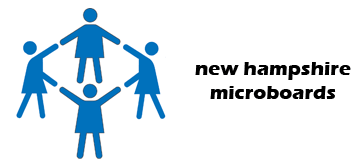
The transition from secondary education to meaningful participation in adult life for individuals with significant disabilities continues to be a serious national problem. Part of the problem stems from the way in which traditional transition planning focuses on fitting youth into "what is available" in the adult service system rather than on accessing a wide array of community resources to implement a positive, productive vision for the future that expresses individual interests and abilities.
"Microboards" are an innovative and promising alternative for assisting individuals with disabilities to identify personal goals and for making funding resources more flexible and individualized in order to reach those goals. A Microboard consists of a focal individual and a small group of supportive adults who meet periodically to plan and make decisions about directing funding and arranging supports for the focal individual.
This four-year demonstration project established 36 pilot microboards for transitioning youth, twelve in each of three regions of New Hampshire. This effort included working with schools and adult service organizations to insure that funding resources in the three regions can be made available to implement plans developed by the microboards. The project evaluated the transition process and outcomes for participants with microboards and a comparison group of 36 individuals involved in a more traditional transition process. Anticipated outcomes for participants include increases in satisfaction with life goals and progress towards goals, completion of high school, post-secondary education, employment, and increased community participation.
Project Staff
- Heidi Cloutier
Project Director: MTSS-B & RENEW Trainer - Joanne Malloy
Research Associate Professor
Trainings & Workshops
- SPECS: Specific Planning Encourages Creative Solutions
- Methods, Models & Tools for Facilitating Person Centered Planning